Chilli Chronicles: Exploring Mexico’s Fiery Flavors and Where to Buy the Best!
Table of Contents
- Introduction
- A Spicy History
- The Many Faces of Chilli in Mexico
- Understanding Heat Levels
- Buying Guide: Picking the Perfect Chilli
- Spice Up Your Kitchen: Must-Try Recipes
- Where to Buy Authentic Mexican Chillies
- Conclusion
Introduction
If you’ve ever taken one bite of a taco and immediately reached for water (or milk, if you’re smart), congratulations — you’ve met your match: Mexican chilli. Whether dried, fresh, roasted, or pickled, chillies are the heartbeat of Mexican cuisine. They bring flavor, fire, and flair to everything from sauces to soups.
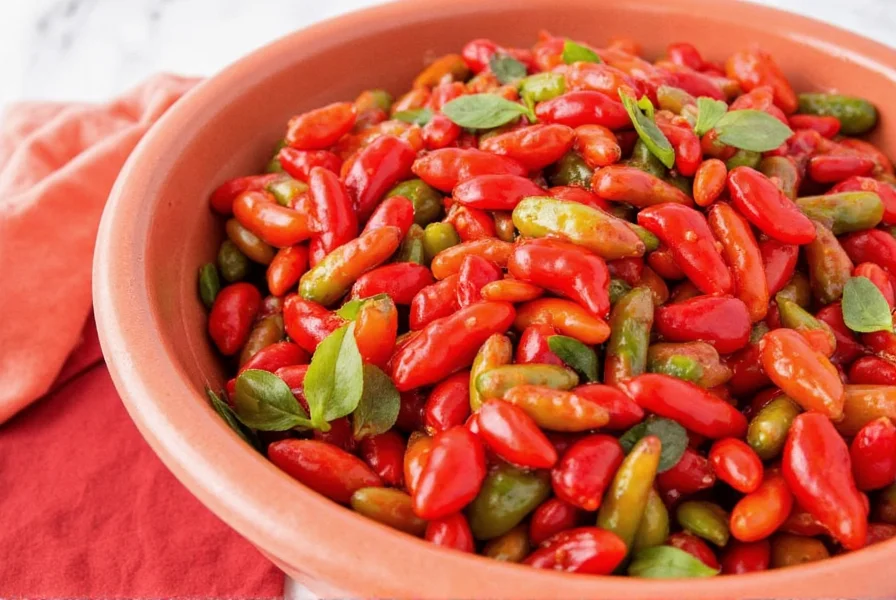
A Spicy History
Mexico and chillies have been in love for thousands of years. Archaeological evidence shows that chillies were being used in Mesoamerica as far back as 6000 BCE! The Aztecs didn’t just eat them — they used them in rituals, medicine, and even currency. Talk about a spice with staying power.
The Spanish conquistadors were shocked when they first tasted chillies. They brought them back to Europe, where they quickly spread across Africa, Asia, and beyond. But make no mistake — Mexico remains the true home of chilli culture, with over 150 varieties grown within its borders today.
The Many Faces of Chilli in Mexico
When it comes to Mexican chillies, variety is the spice of life. Each region has its own favorite types, flavors, and ways to use them. Let’s break down some of the most popular ones:
| Chilli Name | Heat Level (SHU) | h>Flavor ProfileCommon Use | |
|---|---|---|---|
| Jalapeño | 2,500–8,000 | Grassy, slightly sweet | Tacos, nachos, poppers |
| Poblano | 1,000–2,000 | Earthy, rich | Chiles rellenos, mole |
| Hatch | Varies (usually mild to hot) | Smoky, green pepper-like | Salsas, stews |
| Guajillo | 2,500–5,000 | Berries, tea-like | Dried sauces, marinades |
| Ancho | 1,000–2,000 | Fruity, raisin-like | Mole, soups |
| Chipotle | 5,000–10,000 | Smoky, spicy | Salsas, adobo sauce |
| Habanero | 100,000–350,000 | Fruity, floral, very hot | Salsas, hot sauces |
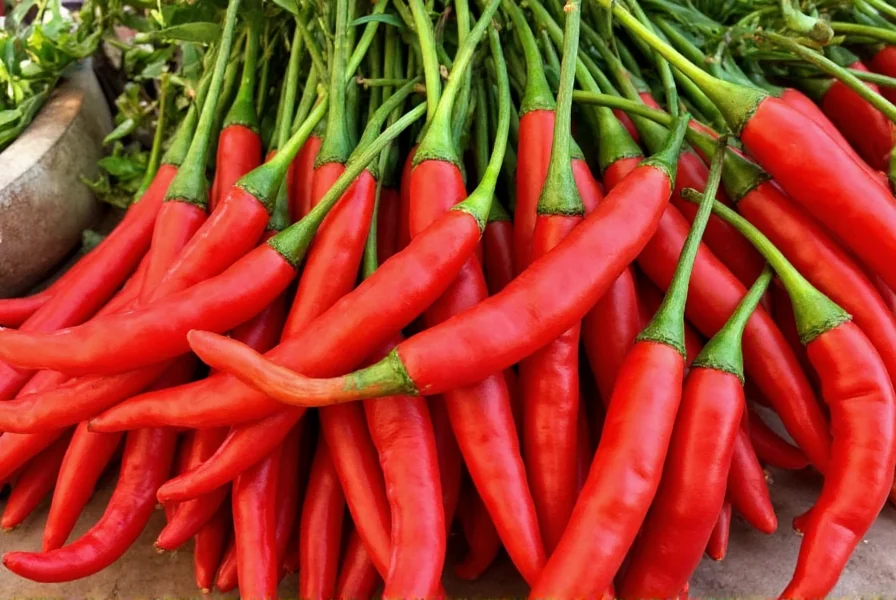
Understanding Heat Levels
Let’s talk numbers — Scoville Heat Units (SHU) to be exact. This scale measures how spicy a chilli is by how much sugar water it would take to neutralize its heat. Fun fact: The more capsaicin, the higher the SHU and the spicier the experience.
Here's a quick reference guide to help you avoid tears — both literal and culinary:
- Mild (0–5,000 SHU): Poblano, Ancho, Guajillo
- Medium (5,000–50,000 SHU): Jalapeño, Serrano, Pasilla
- Hot (50,000–100,000+ SHU): Chipotle, Habanero, Ghost Pepper (used in fusion dishes)
Buying Guide: Picking the Perfect Chilli
Whether you’re shopping at your local market or ordering online, here’s how to choose the best chillies like a pro:
1. Fresh vs Dried: Know the Difference
- Fresh Chillies: Great for immediate use in salsas, grilling, or stuffing. Look for firm, shiny skin without wrinkles or soft spots.
- Dried Chillies: Ideal for making sauces, moles, or adding depth to soups. Choose those that are pliable and still have a strong aroma.
2. Check for Quality
- Avoid chillies with mold, cracks, or dull colors.
- For dried varieties, give them a gentle sniff — they should smell earthy, not musty.
3. Popular Brands & Products
Want to bring authentic Mexican chilli magic into your kitchen? Here are some top picks:
| Product Name | Features | Advantages | Use Case | Best For |
|---|---|---|---|---|
| Goya Whole Dried Guajillo Chilies | Natural drying process, no preservatives | Rich flavor, versatile in cooking | Red sauces, marinades | Home cooks, foodies |
| La Costeña Chipotle Peppers in Adobo | Pickled in smoky tomato sauce | Ready-to-use, intense flavor | Sauces, dips, tacos | Quick meals, bold flavor lovers |
| El Yucateco Green Habanero Hot Sauce | Made with habaneros, lime, and vinegar | Spicy with citrus kick | Toppings, marinades | Hot sauce connoisseurs |
| Herdez Salsa Verde | Tomatillo-based with jalapeños | Smooth, tangy, ready-to-go | Dips, enchiladas, tacos | Weeknight dinners |
| Fresh Organic Jalapeños – Whole Foods Market | Locally sourced, organic | Freshness guaranteed | Stuffing, grilling, slicing | Health-conscious cooks |
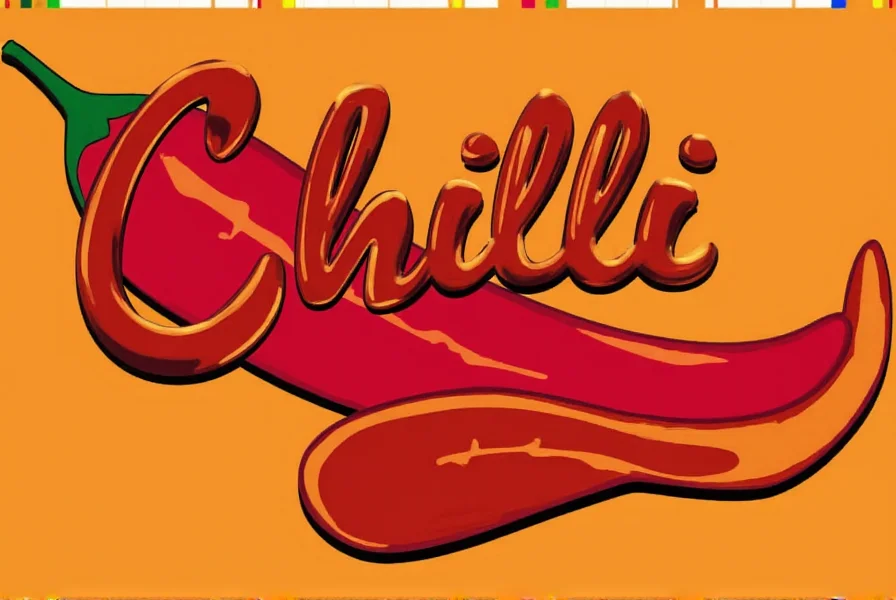
Spice Up Your Kitchen: Must-Try Recipes
Now that you know your poblanos from your pasillas, let’s get cooking! Here are three recipes that will turn up the heat in your kitchen:
1. Smoky Chipotle Tacos
- Ingredients: Chipotle in adobo, chicken breast, tortillas, onion, garlic
- Method: Blend chipotle peppers with garlic and oil, toss with shredded chicken, sauté, then serve warm on tortillas with onions.
- Tip: Add a dollop of crema fresca to tame the fire.
2. Classic Mole Negro
- Ingredients: Poblano, ancho, mulato, sesame seeds, almonds, chocolate
- Method: Toast and blend all ingredients, simmer until thickened, pour over chicken or turkey.
- Pro Tip: Make a big batch — it tastes better after resting overnight.
3. Jalapeño Popper Stuffed Avocados
- Ingredients: Jalapeños, cream cheese, bacon bits, avocado halves
- Method: Mix cream cheese with crumbled bacon, stuff halved jalapeños, bake, then nestle into avocado halves.
- Fun Fact: It’s spicy, creamy, and totally Instagram-worthy.
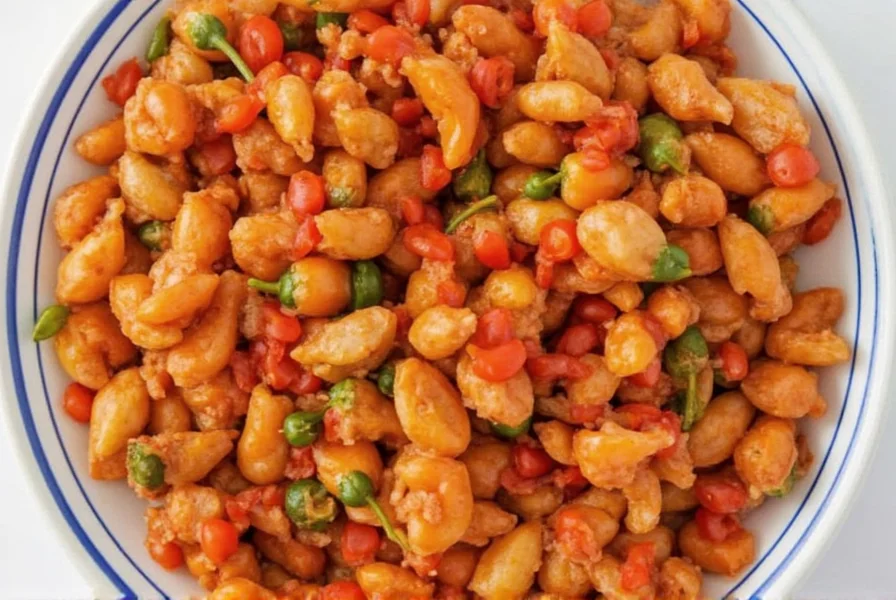
Where to Buy Authentic Mexican Chillies
You don’t need to fly to Oaxaca to find amazing Mexican chillies. Here are some of the best places to buy them, whether locally or online:
- Local Mexican Markets: Think Mercado La Paloma (LA), La Villa Supermercado (Chicago), or Carniceria Los Tios (Austin).
- Online Retailers: Try Amazon, Walmart, or specialty stores like MexGrocer.com for hard-to-find varieties.
- Gourmet Grocery Stores: Whole Foods, Wegmans, and Sprouts often carry fresh and dried options, especially around Cinco de Mayo.
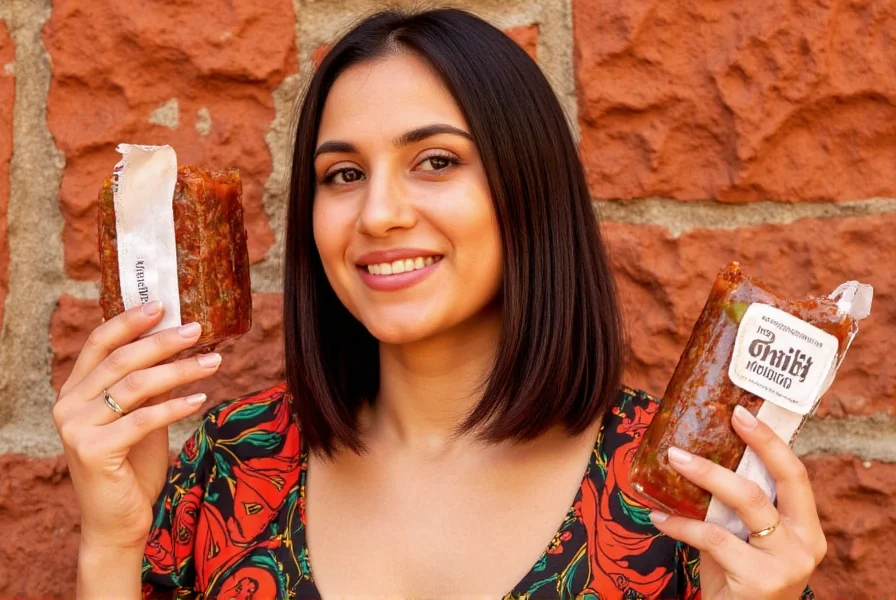
Conclusion
Mexico doesn’t just use chillies — it celebrates them. From smoky chipotles to fiery habaneros, each variety brings something unique to the table. Whether you're a seasoned chef or a curious foodie, there’s a whole world of flavor waiting to be discovered.
So next time you see a chilli staring back at you from your chopping board, remember: it’s not just a spice — it’s a piece of history, culture, and flavor rolled into one tiny, fire-breathing package. Handle with care… and enjoy the burn!

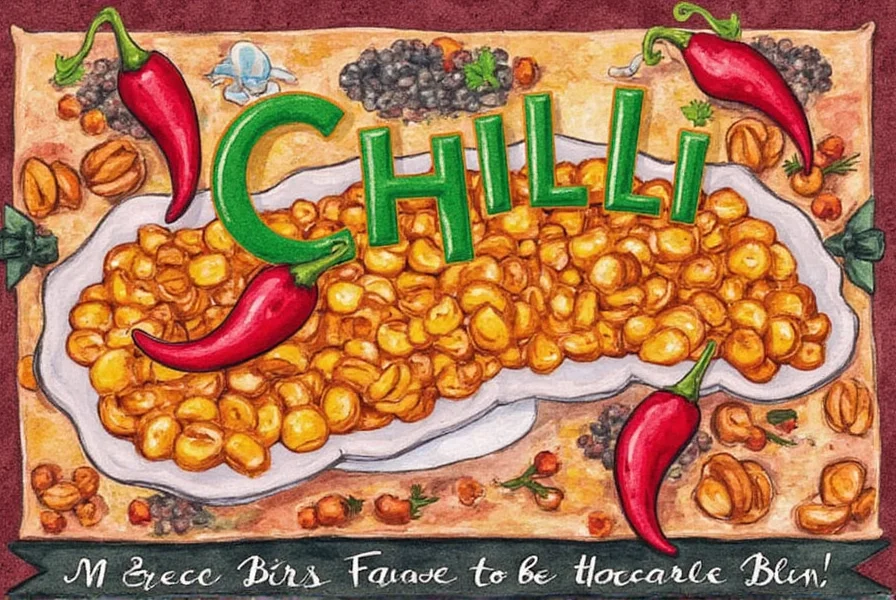









 浙公网安备
33010002000092号
浙公网安备
33010002000092号 浙B2-20120091-4
浙B2-20120091-4